opinion
Do Chemical Water Purification Methods Really Work?
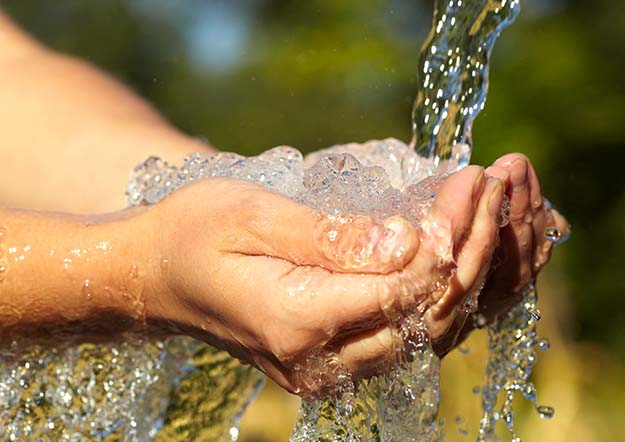
Does Chemical Water Purification Work?
Yes, it is able to render polluted water clean. However, while it’s good enough for everyday use (which includes drinking), fresh water far outweighs it in terms of natural benefits.
It is rightly said that water is the lifeline of every individual on planet earth. Fish, animals, humans, plants and every living thing, whether it is as small as bacteria or as large as an elephant, need fresh water for survival. The human body is 70% percent water and it cannot survive without it for more than three days.
Important to remember: The #survival #RuleOfThrees pic.twitter.com/rgu8pJnqxg
— Survival Life (@SurvivalLF) June 3, 2016
The importance and significance of water is well-known, and it is our prime need. Deserts usually have lower population than other areas, largely because of this fact. We get fresh water from rain, rivers, lakes, streams and water falling from the mountains. Humans and all living things get their water necessities fulfilled from these natural sources.
In order to survive, a purification process was developed to rid water of dangerous impurities. Pollution causes chemicals like lead, mercury, nitrates, petrochemicals, asbestos and many other pollutants to end up in water and need to be filtered out.
Do Chemicals Really “Purify” Water?
The Water Purification Process
The water purification process contains certain steps in increasing levels of severity, so that each time it is purer than before. The steps involve sedimentation, filtration and disinfection, along with other steps in between. In each stage of the process, a different technique is used to purify the water.

The disinfection part of the process is when chemicals are used to completely clean the water and make it 100% immaculate. The treatment also involves adjusting the pH of the water. Pure water is neutral — neither acidic nor basic. Neither acidic nor alkaline water can be safely consumed by humans.
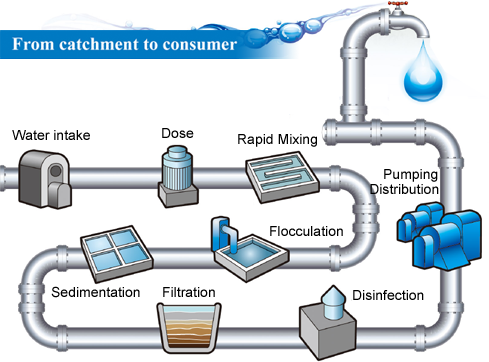
Chemical Water Purification
Chemicals commonly used for water filtration are chlorine and its compounds, ozone, ultraviolet, etc. Although these substances clean the water and make it consumable, it is highly controversial to say that filtered water is great for your health. In a nutshell, it seems like there was clean water, it got polluted with harmful compounds and elements, it went through severe treatment and there it is again, clean.
But in all of this, that water which was once fresh and clean has lost a huge percentage of its beneficial nature. Treating water with more chemicals to make it filtered and consumable might make it clean enough for safe drinking and survival, but it does not stand in comparison with fresh, natural water. Fresh water isn’t just good enough to help you survive, it is actually beneficial to humans.
https://www.youtube.com/watch?v=KMP9-49I1U4
Therefore, while water purification might be an ingenuous method to save humans from droughts and other dangers, it cannot be counted as equal to what humans have actually lost and are still losing — clean water. It is high time to realize this.
While chemically treated water is safe to drink, fresh, pure water is ideal. Check out our tips for collecting rainwater.
Have water purification or collection tips of your own? Let us know in the comments!
Follow us on Facebook, Instagram, Twitter, Tumblr, and Pinterest!
***Disclaimer: The contents of this article are for informational purposes only. Please read our full disclaimer.***
Editor’s Note: This post was originally published on June 3, 2016, and has been updated for quality and relevancy.
-

 Do It Yourself7 months ago
Do It Yourself7 months agoParacord Projects | 36 Cool Paracord Ideas For Your Paracord Survival Projects
-

 Do It Yourself9 months ago
Do It Yourself9 months agoHow To Make Paracord Survival Bracelets | DIY Survival Prepping
-

 Do It Yourself9 months ago
Do It Yourself9 months ago21 Home Remedies For Toothache Pain Relief
-

 Do It Yourself10 months ago
Do It Yourself10 months agoSurvival DIY: How To Melt Aluminum Cans For Casting
-

 Exports8 months ago
Exports8 months agoAre Switchblades Legal? Knife Laws By State


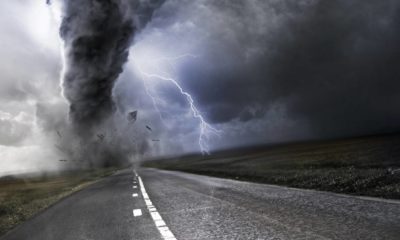

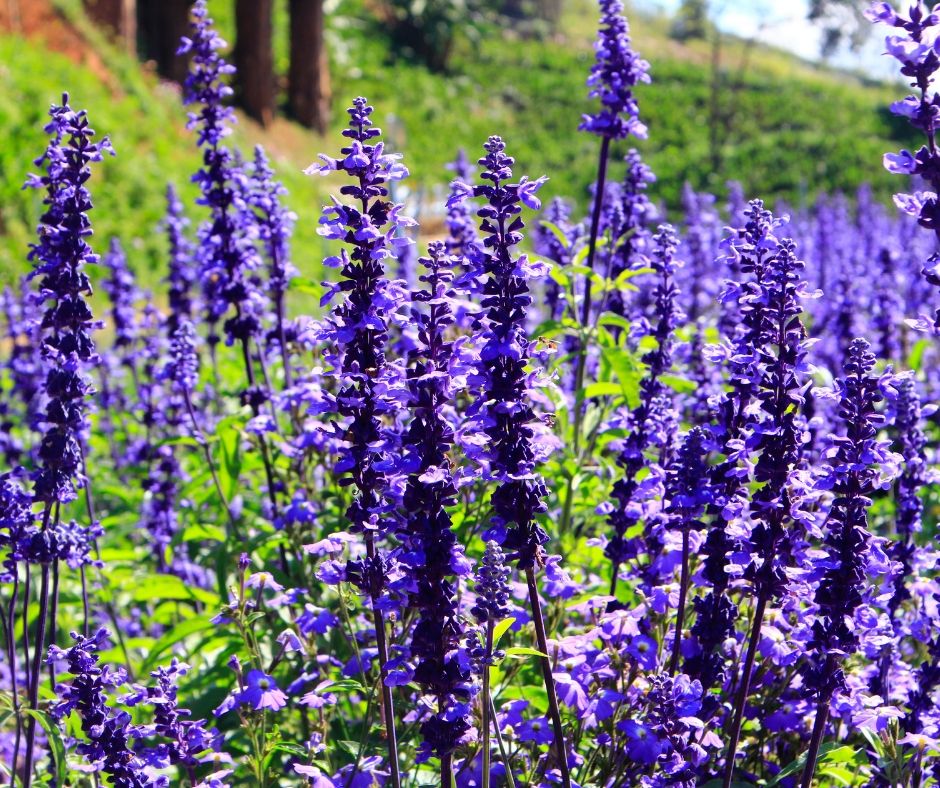
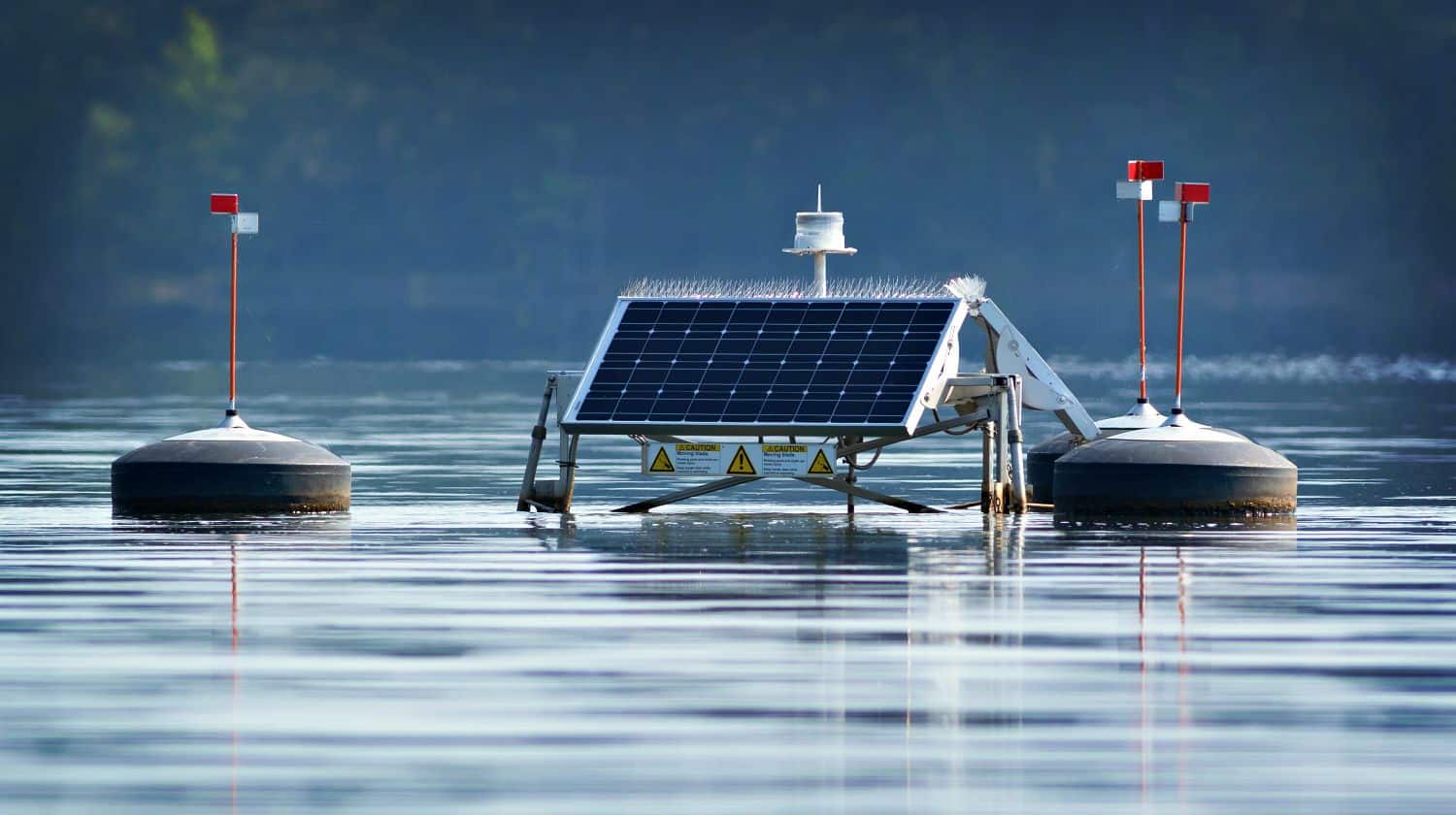
![A man in blue down jacket filtering water for drinking from a river | How To Make A DIY Pocket Water Filter [Video] | Featured](https://survivallife.com/wp-content/uploads/2015/12/man-blue-down-jacket-filtering-water-DIY-Pocket-Water-Filter-ss-Featured.jpg)
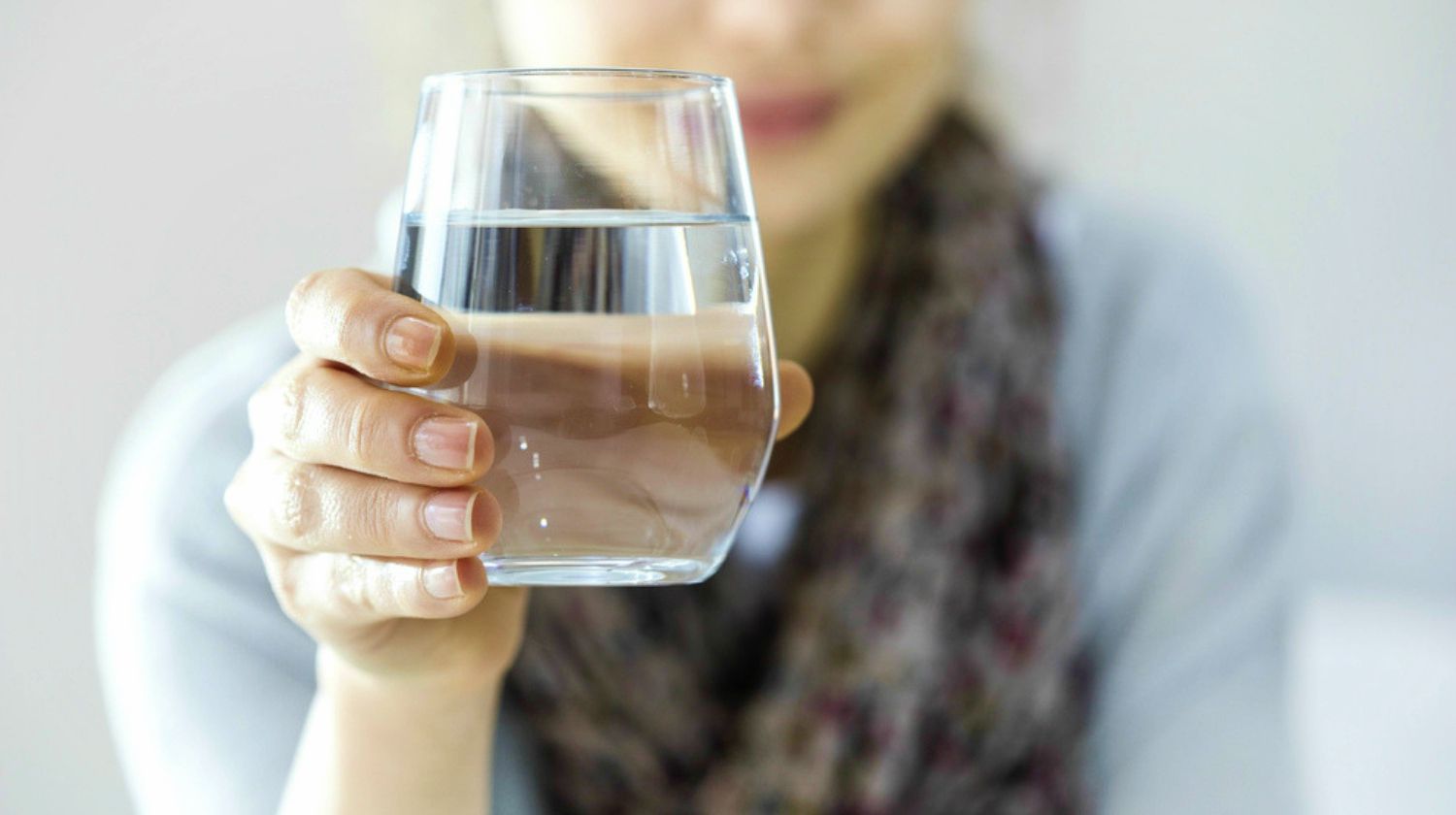

Pingback: 3 Ways to Purify Water | Survival Life
Pingback: 25 Ways To Get Clean Drinking Water In An Emergency - Primal Survival
Pingback: How to Get Rid of Spiders | 10 Natural Spider Repellent – Bulletproof Survivors
Pingback: Environmental Policy FAQs | How to Write an Environmental Policy – Bulletproof Survivors